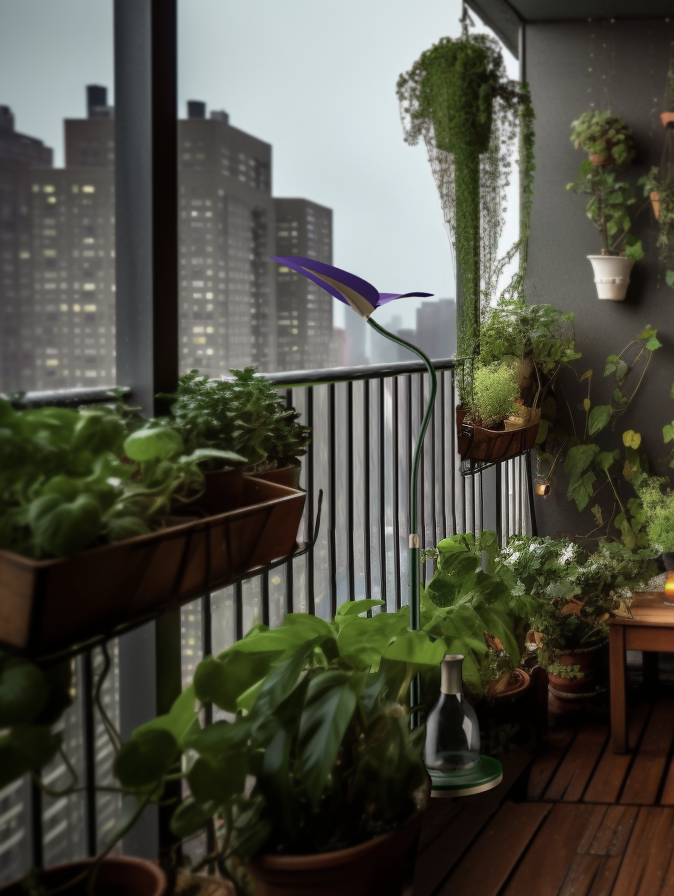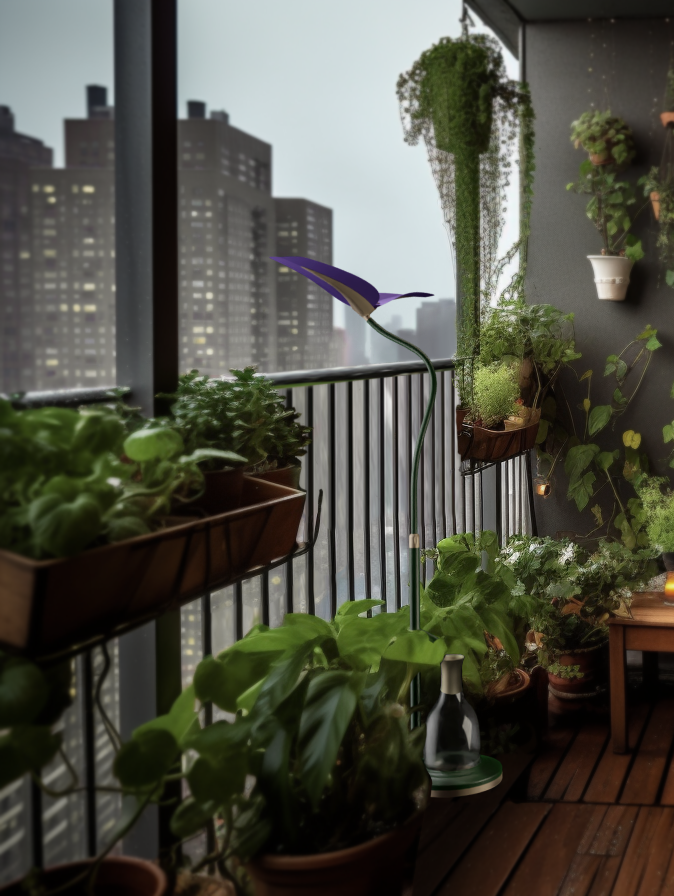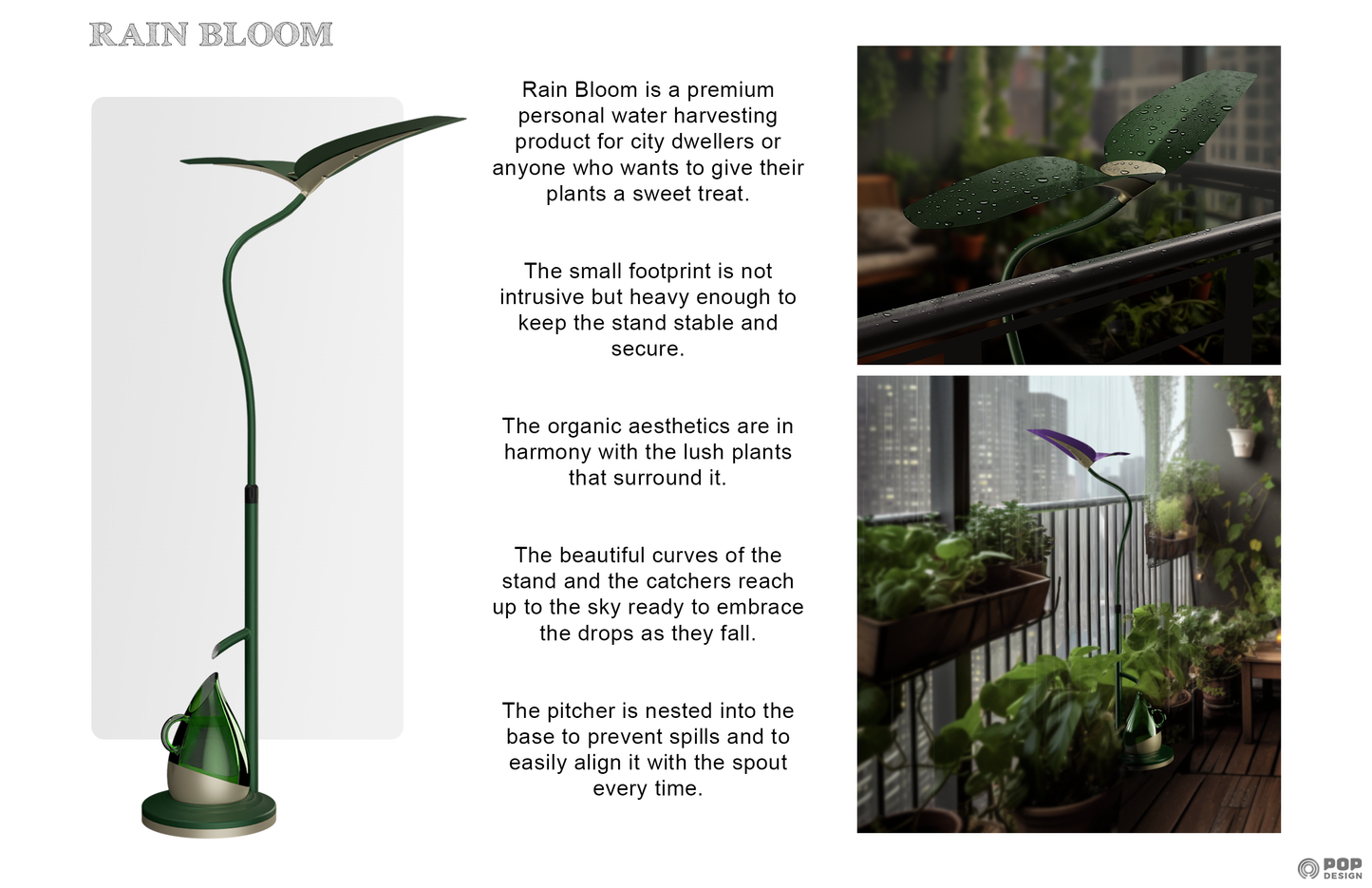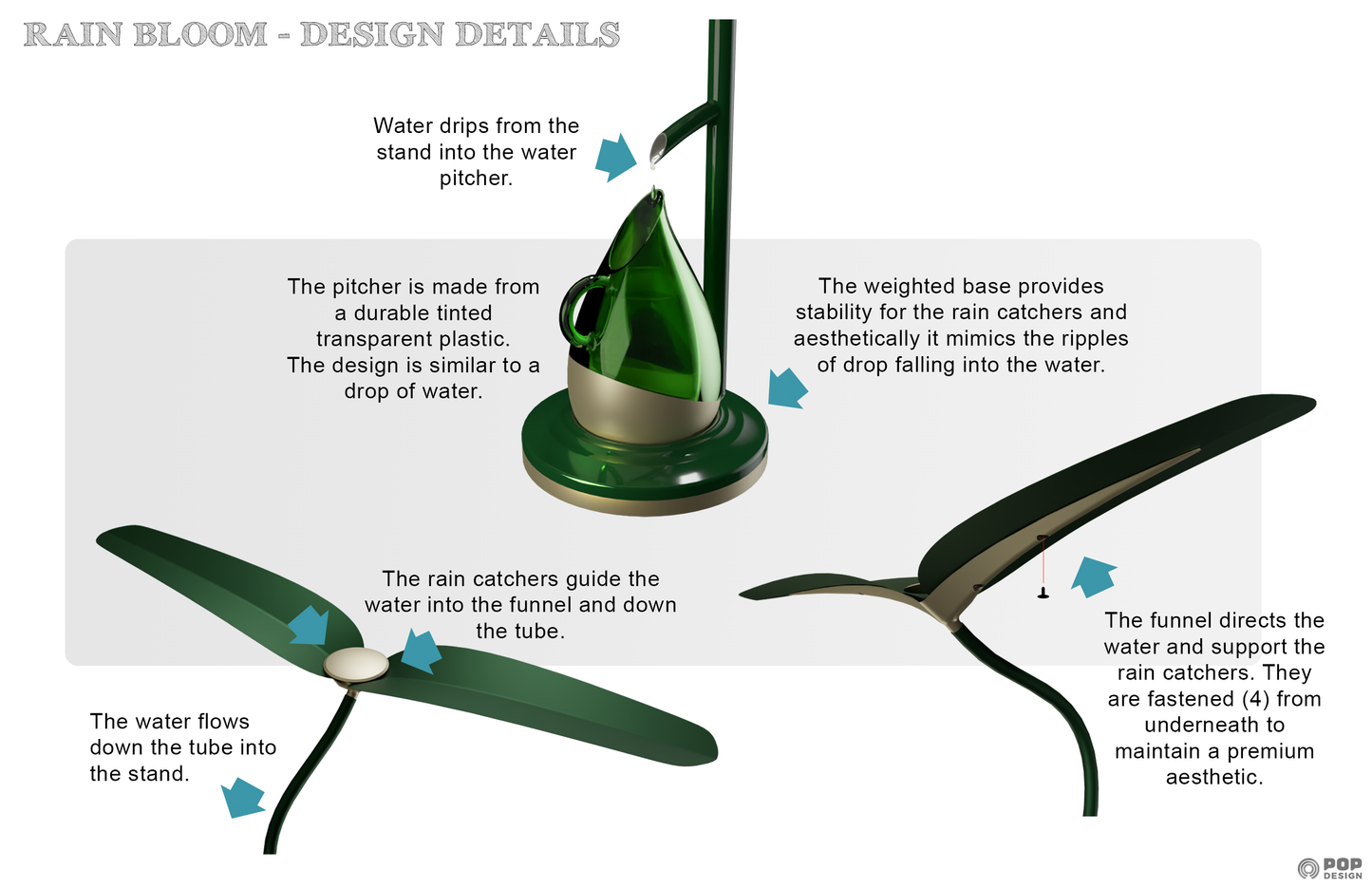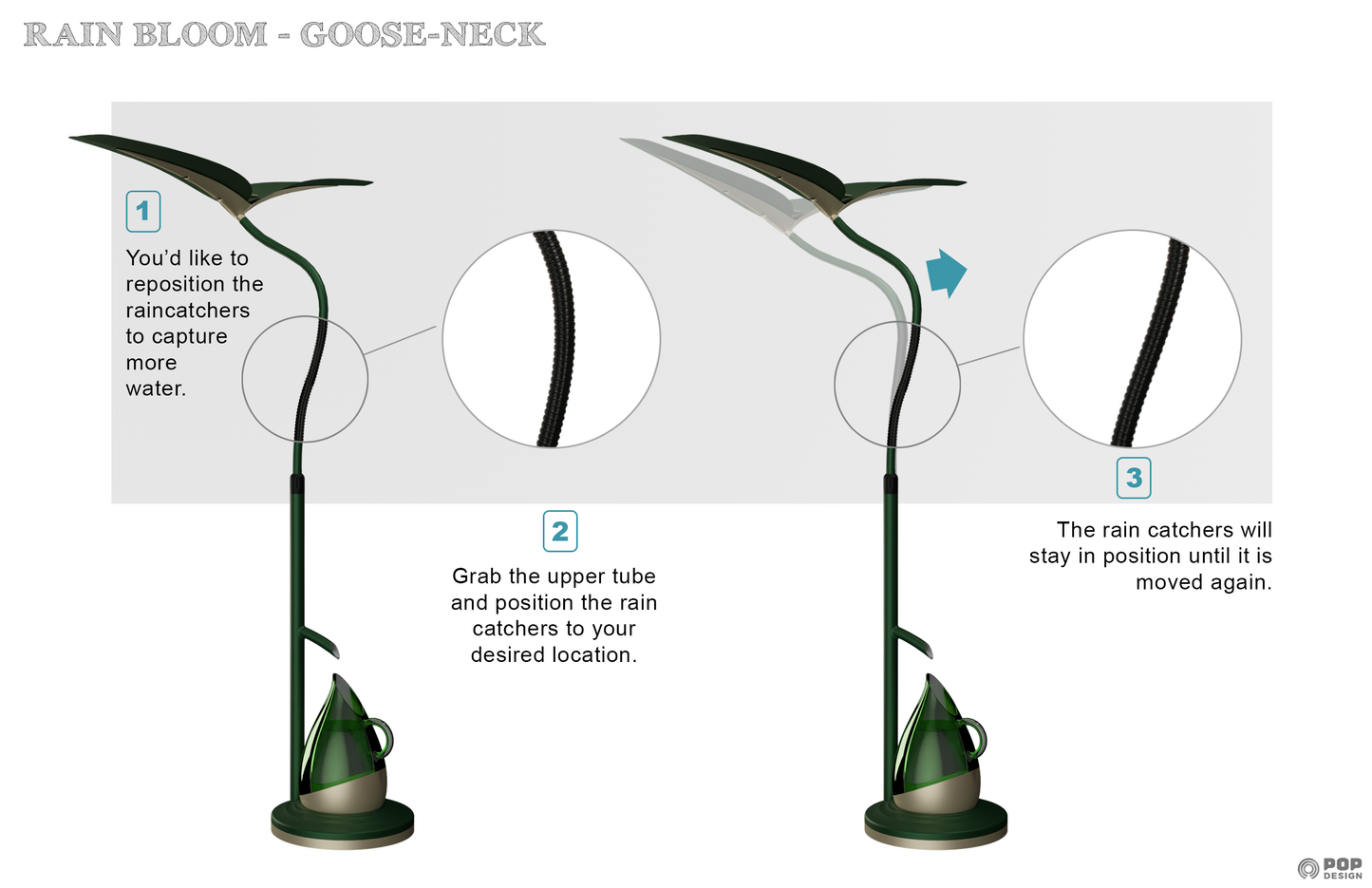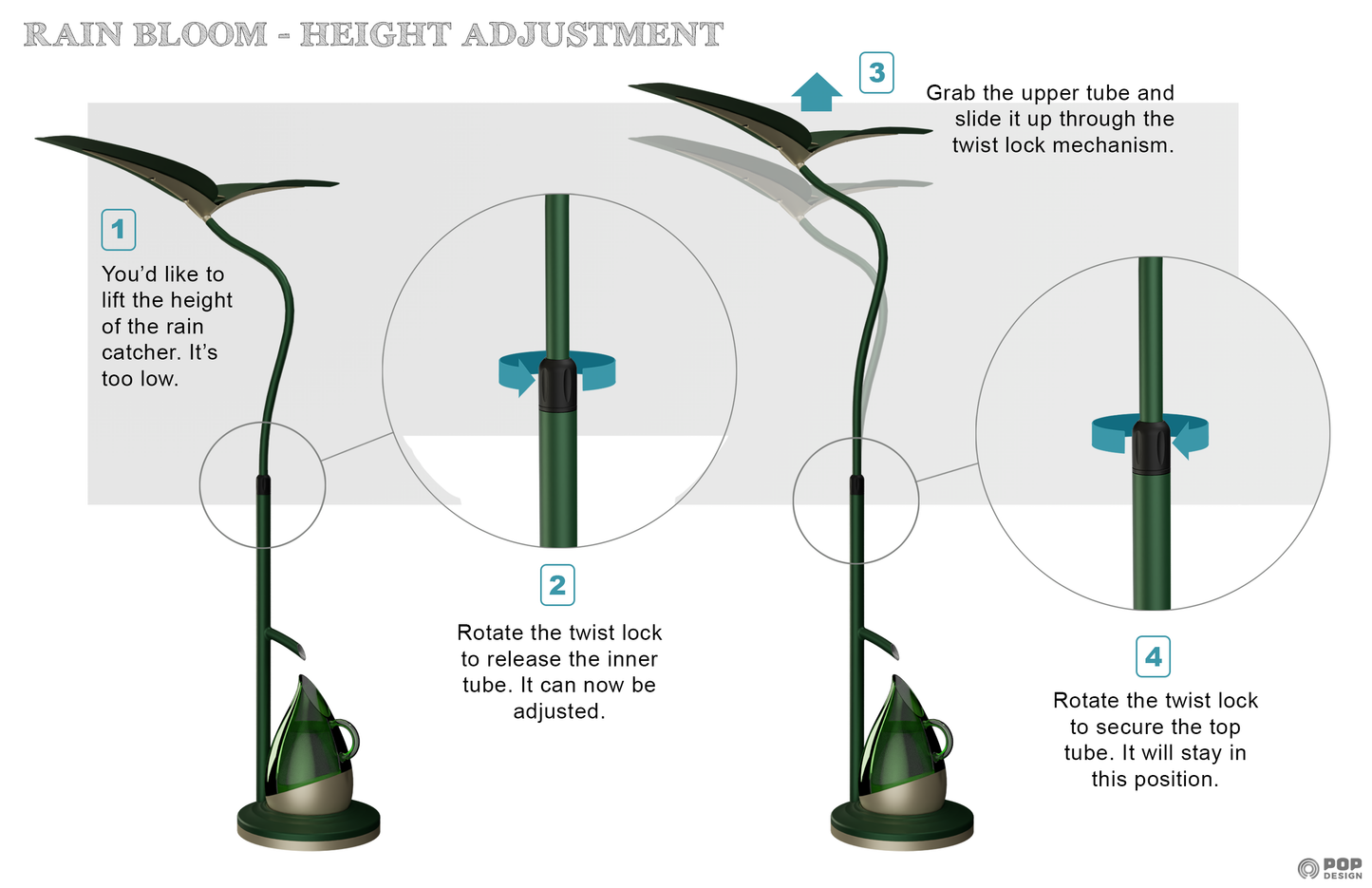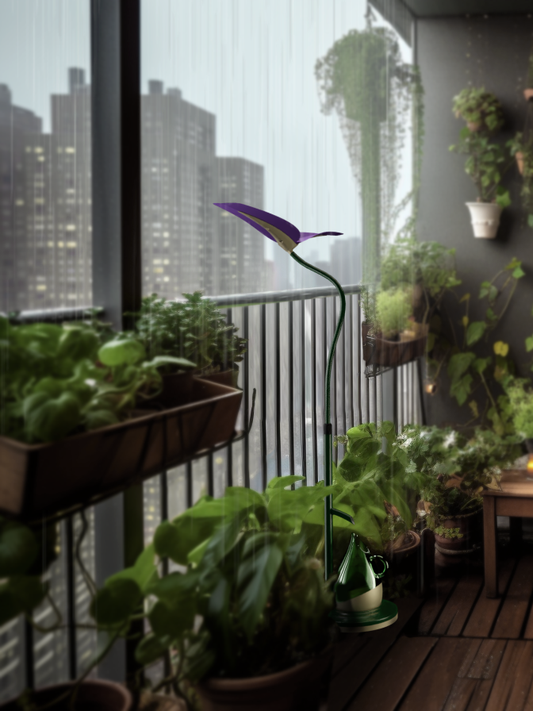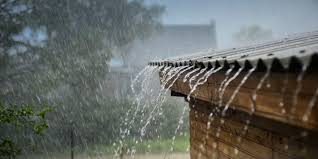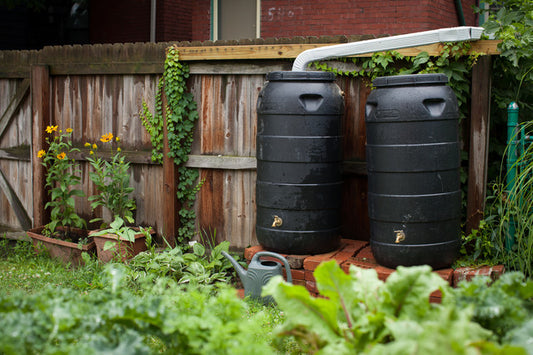When it comes to caring for your plants, you want to give them the best. While tap water is convenient and readily available, there's a natural alternative that your plants will truly thrive on – rainwater. Rainwater isn't just Mother Nature's gift; it's a nutrient-rich elixir that can work wonders for your green companions. In this blog post, we'll explore why rainwater is superior to tap water for your plants.
1. Pure and Unchlorinated:
One of the primary reasons why rainwater is excellent for plants is its purity. Unlike tap water, which often contains chlorine and other chemicals, rainwater is free from these additives. Chlorine, added to municipal water supplies to kill bacteria, can have adverse effects on your plants. It can disrupt the beneficial microorganisms in the soil and inhibit nutrient absorption. Rainwater, in contrast, is chlorine-free and won't harm your plants' delicate ecosystems.
2. pH Balance:
Rainwater typically has a more neutral pH level compared to tap water, which can vary in pH depending on your location. Neutral pH is ideal for most plants, as it allows them to absorb essential nutrients from the soil more effectively. When you use rainwater, you provide your plants with a pH-balanced hydration source that promotes optimal growth and health.
3. Nutrient-Rich:
Rainwater isn't just plain water; it contains essential nutrients that plants crave. As rainwater falls through the atmosphere, it collects beneficial minerals and trace elements, such as calcium, magnesium, and potassium. These minerals enrich the soil and nourish your plants. By using rainwater, you're essentially providing your plants with a natural fertilizer that promotes lush growth.
4. Reduced Salinity:
Tap water can often contain high levels of salts, which can accumulate in the soil over time and harm your plants. Rainwater has a lower salt content, reducing the risk of salt buildup in your plant's root zone. This reduced salinity helps maintain healthy soil and prevents root damage.
5. Soft Water Benefits:
Rainwater is considered "soft water" because it lacks the hardness minerals found in some tap water sources. Soft water is gentle on your plants, preventing mineral deposits on leaves and soil. This cleanliness can reduce the risk of plant diseases and improve overall plant appearance.
6. Environmental Benefits:
Using rainwater for your plants is not only beneficial for them but also for the environment. Rainwater harvesting reduces the demand for treated tap water, conserves energy used in water treatment processes, and promotes sustainable water use practices.
How to Harvest and Use Rainwater:
To make the most of rainwater for your plants, consider setting up a rainwater harvesting system. Get a RainBloom, or place rain barrels or cisterns beneath your downspouts to collect rainwater from your roof. Ensure that your collection containers are clean and well-maintained to prevent contamination.
When using rainwater, water your plants early in the day to allow leaves to dry before evening, reducing the risk of fungal diseases. If rain is scarce, you can supplement your rainwater with tap water, but try to use rainwater as your primary source whenever possible.
In conclusion, rainwater is a natural elixir that provides numerous benefits to your plants. Its purity, balanced pH, nutrient-rich composition, and environmental advantages make it a superior choice for plant hydration. By harnessing the power of rainwater, you'll not only see your plants flourish but also contribute to a healthier, more sustainable gardening practice. So, let it rain, and watch your garden thrive!
